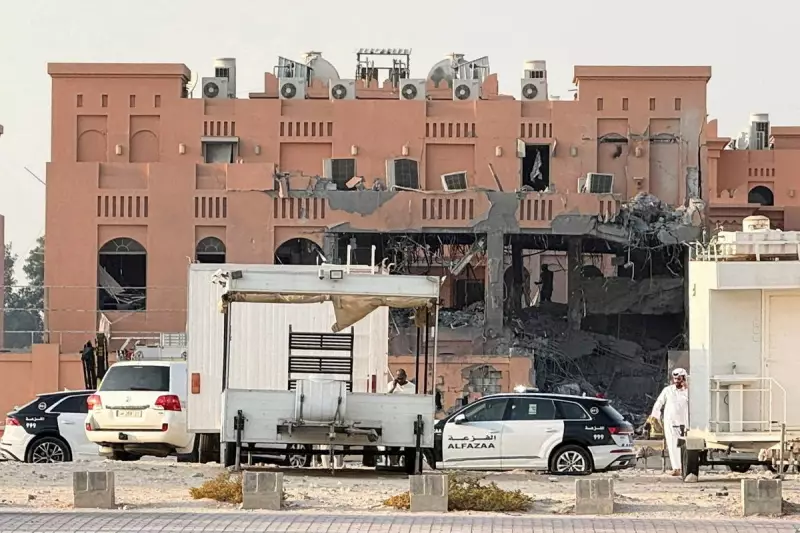
Qatar has issued a stark warning that Israel's targeted assassination of a senior Hamas official in Gaza could derail delicate ceasefire negotiations and jeopardise ongoing talks for the release of hostages. The confirmation came directly from Qatar's foreign ministry, which acknowledged the airstrike that killed a Hamas representative on Tuesday.
The development threatens to unravel weeks of diplomatic efforts led by Egyptian and Qatari mediators who have been working tirelessly to broker a cessation of hostilities. Qatar, which hosts Hamas's political bureau in Doha, plays a pivotal role as a key intermediary between Israel and the militant group.
Netanyahu's Defiant Stance
Israeli Prime Minister Benjamin Netanyahu remained resolute following the attack, declaring "We are intensifying the fighting in Gaza" during a visit to northern Israel. The Prime Minister's office has consistently maintained that military operations will continue until Hamas's governing and military capabilities are completely dismantled.
This position puts Israel at odds with its closest ally, the United States, which has been increasingly vocal about minimising civilian casualties. President Joe Biden recently noted that Israel was gradually losing international support due to its "indiscriminate bombing" of Gaza.
Humanitarian Crisis Deepens
The conflict has created one of the most severe humanitarian disasters in recent memory. According to Gaza's health ministry, over 19,000 Palestinians have been killed since hostilities began on October 7th. The United Nations reports that approximately 1.9 million people—nearly 85% of Gaza's population—have been displaced from their homes.
International aid organisations continue to warn of catastrophic conditions, with limited access to food, clean water, and medical supplies creating a perfect storm of human suffering.
Regional Tensions Escalate
The conflict has sparked fears of broader regional escalation, with Iran-backed groups including Hezbollah in Lebanon and Houthi rebels in Yemen launching attacks against Israeli and international targets. These developments have raised concerns about the potential for a wider Middle East confrontation.
As diplomatic efforts hang in the balance, the international community watches anxiously to see whether ceasefire negotiations can withstand this latest escalation or if the region is heading toward further violence and instability.





